On July 23, the Finhub2025 Conference with the theme "International Financial Center - New Growth Driver for Vietnam", organized by the Banking University of Ho Chi Minh City, attracted many experts to attend. At the conference, experts made many policy recommendations to attract foreign capital through the development of the International Financial Center (IFC) in Vietnam.
IFC: Effective capital mobilization channel outside the banking system
According to Associate Professor Dr. Nguyen Duc Trung, Principal of Banking University of Ho Chi Minh City, the establishment of IFC should aim to attract investors and capital flows from countries with strongly developed financial markets. He believes that Vietnam is currently too dependent on bank credit, so the development of IFC will open up a new capital mobilization channel with more reasonable costs.
"Instead of trying to become a regional IFC, Vietnam should set a more practical goal of becoming an attractive destination for international capital flows. For international 'eagles' to choose Vietnam as their nest, the key factor is mutual benefits - when they benefit, they will invest," Mr. Trung emphasized.
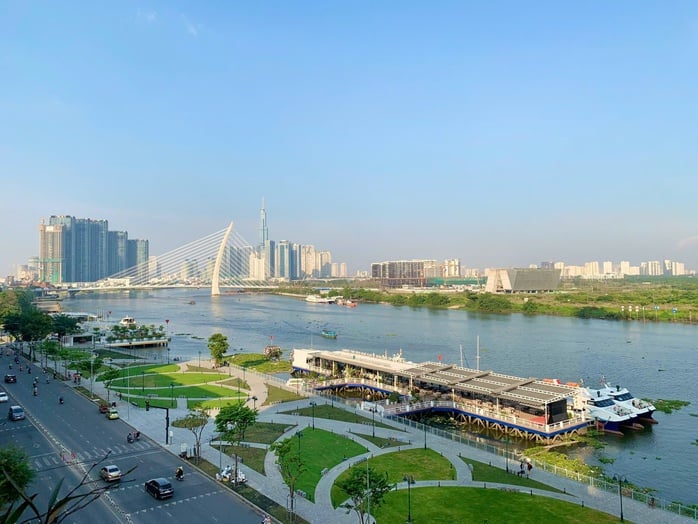
Vietnam will set up international financial centers in Ho Chi Minh City and Da Nang.
At the workshop, Dr. Nguyen Anh Vu, Head of the Finance Department of the Banking University of Ho Chi Minh City, said that Vietnam's IFC will be located in Ho Chi Minh City and Da Nang with the expectation of soon having a favorable legal corridor to attract foreign capital flows.
According to the report of Z/Yen Group (UK), financial centers are divided into 3 groups: global financial centers, international financial centers (IFC) and regional financial centers. Ho Chi Minh City is currently classified in the group of regional financial centers.
However, if financial development is too rapid without control, it will easily create asset bubbles, systemic risks and negatively affect economic growth. Therefore, Vietnam needs to develop IFC cautiously, learning from the experiences of Seoul and Dubai - financial centers that have risen strongly in the Global Financial Centers Index (GFCI).
Incentive policies and legal environment: Factors to retain investors
MSc. Nguyen Truc Van, Ho Chi Minh City Institute of Economics, said that Ho Chi Minh City should choose to make a breakthrough with Fintech and digital banking, and connect Fintech with start-ups in other fields. The city should also focus on green finance, with financial mechanisms and products that support the transition to a sustainable economy, aiming for net zero emissions by 2050.
At the same time, Ho Chi Minh City needs to soon establish a Commodity Exchange, linked with the agricultural product market of the Mekong Delta, the Central Highlands and industrial raw materials in the Southeast, aiming to connect with investors and global commodity exchanges.
Mr. Pham Le Nhat Quang, CEO of ABB Private Equity, shared that he was hesitant between setting up headquarters in Vietnam or Singapore because of the level of incentives and legal transparency.
"Many Fintech companies have chosen to locate their headquarters in Singapore or Dubai because of the favorable legal environment. If Vietnam wants to attract international investors, it needs to learn from successful models and remove policies that hinder foreigners from working and investing," Quang emphasized.
Source: https://nld.com.vn/viet-nam-tim-dong-luc-moi-tu-trung-tam-tai-chinh-quoc-te-196250723202959853.htm




![[Photo] Cutting hills to make way for people to travel on route 14E that suffered landslides](https://vphoto.vietnam.vn/thumb/1200x675/vietnam/resource/IMAGE/2025/11/08/1762599969318_ndo_br_thiet-ke-chua-co-ten-2025-11-08t154639923-png.webp)









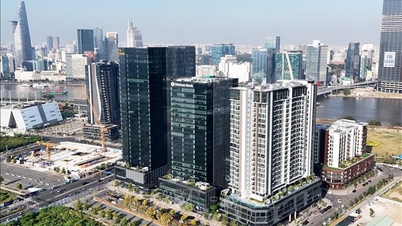
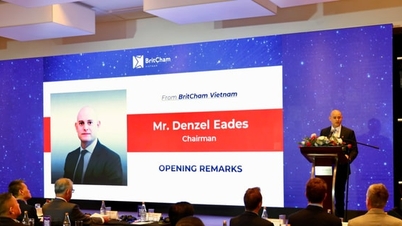

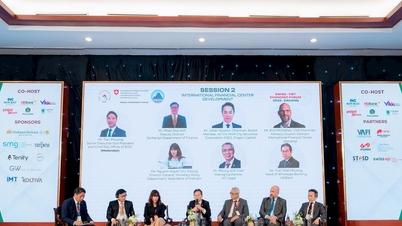







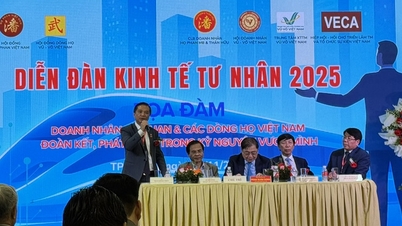




















![[Video] Hue Monuments reopen to welcome visitors](https://vphoto.vietnam.vn/thumb/402x226/vietnam/resource/IMAGE/2025/11/05/1762301089171_dung01-05-43-09still013-jpg.webp)




























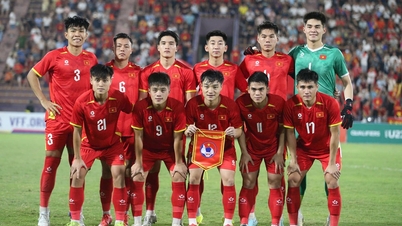

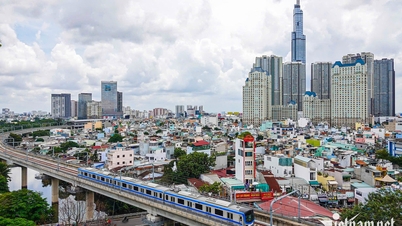











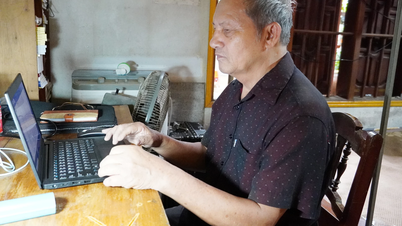

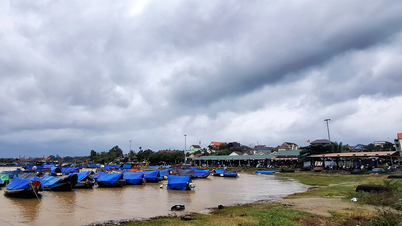


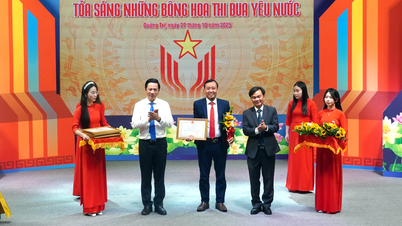














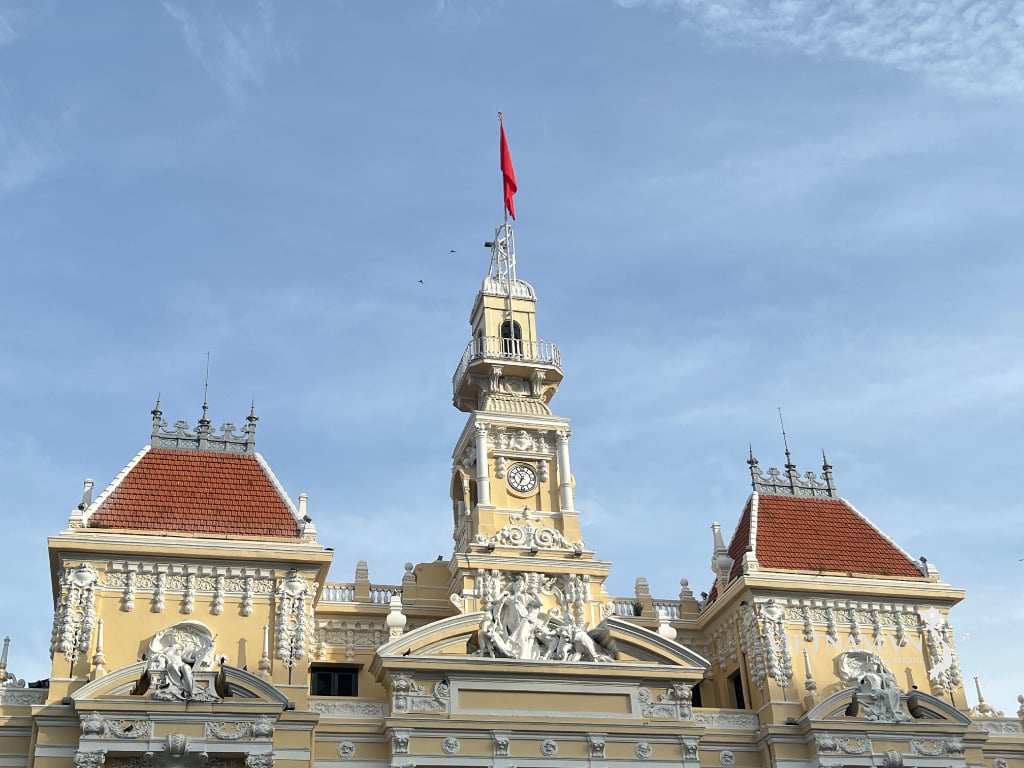


Comment (0)